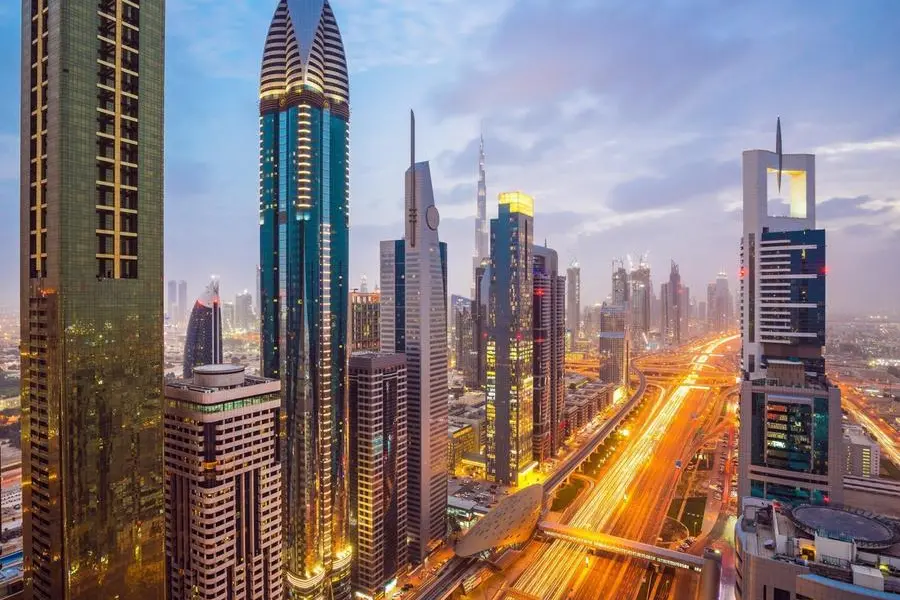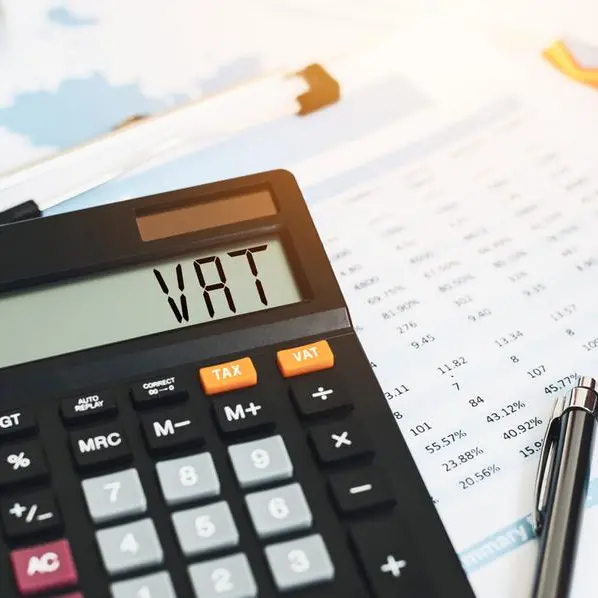PHOTO
The UAE’s non-oil private sector maintained robust growth in April supported by improving demand and a sharp rise in exports but cost pressures were a matter of concern, a survey showed on Monday.
The seasonally adjusted S&P Global UAE Purchasing Managers' Index (PMI) slipped to 54.6 in April from 54.8 in March, a three-month low. The indicator however remained above the 50.0 mark that separates expansion from contraction.
There was a sharp rise in non-oil output at the start of the second quarter of the year as firms continued to benefit from increased new orders and project work. "In fact, the expansion in activity was the fastest registered since December last year, with just under a quarter of respondents seeing output increase since March," the report said.
New order growth remained on a strong footing during April, despite softening slightly to a three-month low. Exports also grew, with the latest data pointing to the fastest rise in foreign new business since January 2021.
However, a solid increase in input costs during the month, largely associated with an increase in energy prices due to the Russia-Ukraine war, remained a concern weighed with survey participants pointing to higher fuel charges and a further increase in raw material prices. The rate of input price inflation was unchanged at its joint-highest for nearly three-and-a-half years.
David Owen, Economist at S&P Global, said the increase "will spur greater concern of an inflationary-led dip in demand, particularly as the positive efforts from the pandemic recovery and Expo 2020 fade."
Average output prices rose, albeit marginally, for the first time in nine months, as firms raised prices to shift part of the additional cost on to customers. They also boosted their inventories.
Meanwhile, employment numbers slipped slightly as firms trimmed labour costs.
Looking ahead to the next 12-month period, businesses were confident that growth in sales would continue to boost output. "That said, rising inflationary pressures, supply concerns and price-led competition meant that the degree of confidence in future activity slipped to the weakest since last December," the report said.
(Reporting by Brinda Darasha; editing by Seban Scaria)





















